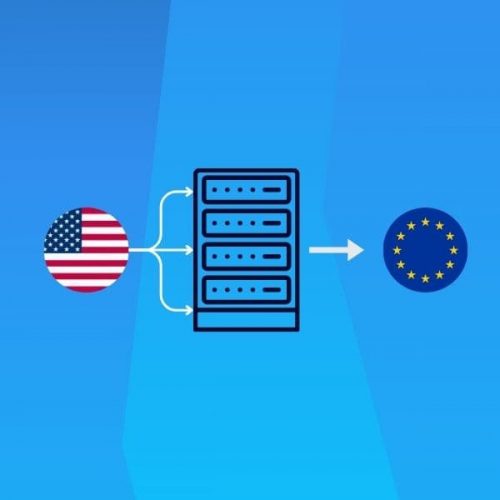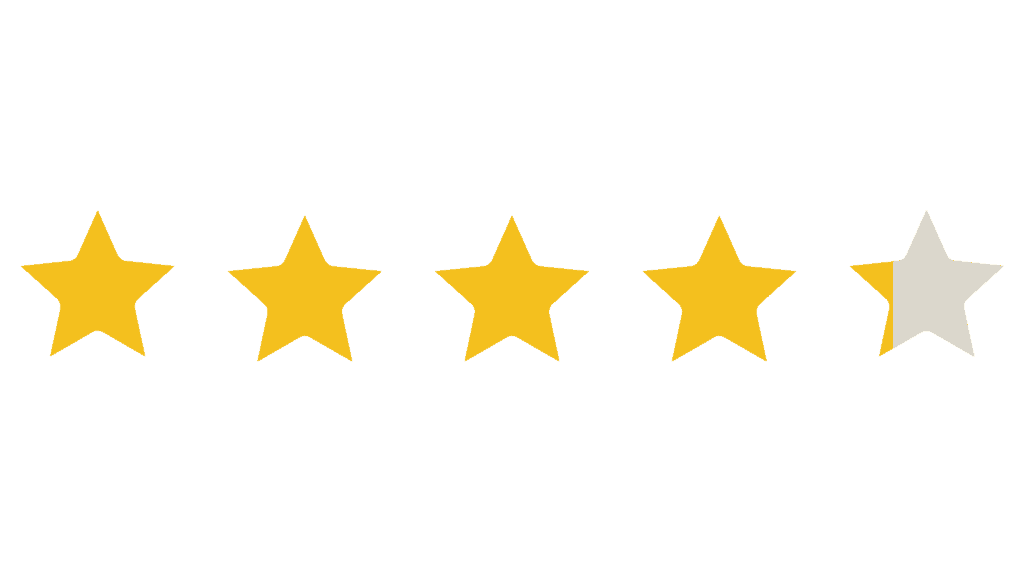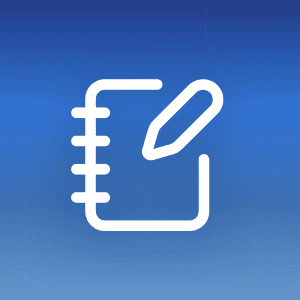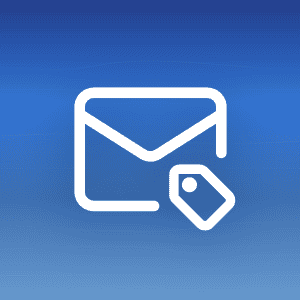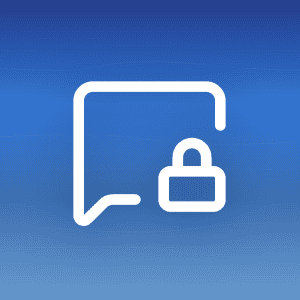Concerns about data collection, surveillance, and lack of transparency have triggered a growing backlash against Big Tech.
Companies like Google, Amazon, Meta, and Microsoft dominate the digital ecosystem but are increasingly criticized for monetizing user data and collaborating with surveillance efforts—particularly in the United States.
If you prioritise your privacy, and don’t trust your data sitting on American servers, then this guide is for you. Although not as much under the spotlight, Europe is home to vibrant tech companies that provide viable and privacy-respecting alternatives to Big Tech products.
In this article, we’ll explore a wide range of European alternatives—from email and search engines to e-commerce and productivity tools—that allow users to reclaim control of their digital lives.
Get the latest privacy news in your inbox
Sign up to the Mailfence Newsletter.
Why Choose European Alternatives?
There are many reasons why one would search for European alternatives to Big Tech products. Here are a few.
GDPR and privacy-first laws
Europe’s General Data Protection Regulation (GDPR) is one of the strongest privacy laws globally. It mandates that companies collect minimal data and handle it transparently.
Reduced surveillance risk
European companies are generally not subject to US laws like the Patriot Act or FISA 702, which grant authorities access to user data without warrants or notification.
Support for ethical tech
Choosing alternatives not only protects your data but also supports companies aligned with ethical tech practices and user empowerment.
European Alternatives to Big Tech Products
#1: Gmail → Mailfence (Belgium)
Gmail collects vast amounts of metadata, even in private modes, and is part of the Google ecosystem that cross-tracks users.
On the other hand, Mailfence is a secure email service based in Belgium. We offers end-to-end encryption, digital signatures, as well as a whole suite of tools including calendars, cloud storage and more—all under GDPR protection.
- Data stays in Belgium, outside the reach of invasive US laws.
- Supports OpenPGP encryption and password-protected messages.
- No ads, trackers, or backdoors.
If you’re a privacy-focused individual looking to reduce your digital footprint, activist or journalist, who needs secure communication, Mailfence is for you. Learn more here.
#2: Google Search → Qwant (France)
In an ideal world, you should avoid every single Google product possible. Google logs search history, location, and behavior, feeding targeted ads and creating detailed profiles.
Qwant is a French search engine that doesn’t track users, sell data, or filter results based on personal profiling.
- Uses its own indexing technology, avoiding reliance on US-based search platforms.
- Integrated Qwant Maps and Music to reduce Google dependencies further.
- Interfaces built for children and schools.
Qwant is a great option for everyday users looking for unbiased and private search results.
#3: Google Docs → CryptPad (France)
If you’re looking for a European alternative to Big Tech, you will also need to ditch Google Docs. While Google Docs offers handy real-time collaboration, it also stores and scans all documents by default.
CryptPad is a privacy-first, end-to-end encrypted online suite developed in France. It includes docs, spreadsheets, kanban boards, polls, and presentations.
- Zero-knowledge architecture: even server admins can’t read your content.
- Real-time collaboration without tracking.
- Open-source and free to use with paid storage upgrades.
Cryptpad is the perfect solution for teams and individuals who want collaborative tools without surrendering data to US companies.
#4: Google Drive → Mailfence Documents (Belgium)
Google Drive scans and indexes uploaded content. Even though encryption exists, Google holds the keys and can access your files.
Mailfence Documents is part of our secure suite and offers a privacy-respecting alternative for file storage and sharing.
- Located in Belgium and protected by strict GDPR compliance.
- Files are stored on Mailfence’s own infrastructure—never shared with third parties.
- Includes folder sharing, access control, and version history.
- Seamlessly integrates with Mailfence Email, Calendar, and Contacts.
Mailfence Documents is the perfect alternative to Big Tech for individuals and professionals seeking secure file storage that’s natively integrated with their private email and collaboration tools.
#5: Amazon → Galaxus (Switzerland)
Amazon collects granular purchase data and browsing behavior, which it uses to dominate markets and personalize aggressive advertising.
You may not have heard of it, but Galaxus is an e-commerce platform based in Switzerland offering a wide range of electronics, household items, and lifestyle products.
- No aggressive tracking or profiling.
- Transparent product reviews and editorial content.
- Swiss precision in customer service and logistics.
Galaxus is a great option for ethical shoppers looking for a European alternative to Big Tech firms like to Amazon. Alternatively, consider purchasing second-hand products from your country’s second-hand shopping platform.
#6: Google Chrome → Vivaldi (Norway/Iceland)
Chrome, a widely popular and user-friendly browser, tracks user behavior extensively, especially when linked to a Google account.
Vivaldi is a browser built by the former CEO of Opera, designed for privacy and customisability.
- Built-in ad/tracker blocker and zero telemetry.
- Syncs data using end-to-end encryption.
- Highly customisable UI and workflow features.
#7: WhatsApp → Olvid (France)
WhatsApp offers end-to-end encryption, but as part of Meta, it shares metadata and integrates with broader tracking infrastructure. We’ve written extensively on why you shouldn’t use WhatsApp anymore here.
Olvid is a French messaging app that offers true metadata-free communication—even phone numbers aren’t required.
- Based on a patented cryptographic protocol.
- No central server authentication—resilient against man-in-the-middle attacks.
- Suitable for businesses and governments.
#8: Zoom → Whereby (Norway)
Zoom data policies have faced scrutiny, and its servers are often based in the US.
Whereby offers encrypted video conferencing with servers located in Europe and a clear, privacy-respecting data policy.
- No downloads or installations needed.
- GDPR-compliant, with data stored in Europe.
- Simple yet effective video meetings.
Whereby is ideal for small teams, educators, and privacy-minded freelancers.
What About Cost and Usability?
While many of these tools offer free plans, their paid versions help sustain development without advertising or data sales.
Some users may encounter minor usability trade-offs, especially if switching from Big Tech’s polished ecosystems. However, the learning curve is manageable, and the peace of mind is worth it.
These platforms are built with long-term trust in mind—not short-term engagement or monetization.
Final Thoughts: Vote With Your Clicks
Relying on Big Tech feels inevitable—but it isn’t. Europe offers a full stack of trustworthy, privacy-first technology alternatives that don’t compromise your digital rights. Moving away from surveillance capitalism takes effort, but each choice builds a freer, fairer internet.
Switching is not just a technical move. It’s a political one—a vote for ethical innovation over exploitation.
If you’re ready to try secure, European-built tools, start with your inbox. Create a free Mailfence account and take the first step toward digital independence.
